-
About
- About Listly
- Community & Support
- Howto
- Chrome Extension
- Bookmarklet
- WordPress Plugin
- Listly Premium
- Privacy
- Terms
- DMCA Copyright
- © 2010-2025 Boomy Labs

Listly by April Rose Casiple Semogan
Aging is a natural process that our body undergoes as we grow older. It is an inevitable condition that we will be experiencing, for some, maybe not now but it will happen soon. There are anti-aging creams, lotions and supplements; however it only delays the aging and not totally overcoming it. As we grow older, out immune system is getting low and our immune response is slower than we were younger. Learn helpful tips on how to boost elder's health.

Alcohol saps moisture in the skin, making it less hydrated. Aside from that, it is also one of the factors that disrupts sleep and can cause harm to the liver. Avoiding alcohol can help your body prevent chronic diseases among elders as well as losing weight, lowering their cholesterol, and sleeping better.
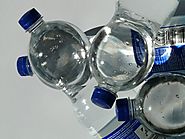
Consuming beverages and foods that contain water is necessary to keep the body hydrated and for it to function properly. According to the Institute of Medicine, the adequate intake for men and women varies; 13 cups or 3 liters a day for men and 12 cups or 2.2 liter a day for women.
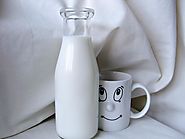
High salt intake is one of the common risk factors for osteoporosis because it induces calciuria, however the potential impact on bone health and calcium metabolism of salt intake among elders, especially women, have not been fully considered. Salt can make a great change in bone calcium diet that is why it is recommended to keep it balanced.
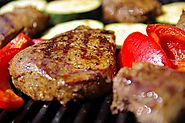
Proteins are made up of amino acids that are considered to be building blocks for muscles, bones, and the rest of the body. According to the Institute of Medicine, we should get at least 10% of your daily calories, but not more than 35%, from protein. For elders, 46 grams a day is adequate.

Most of elders have varied diets and they tend to eat less due to difficulty in chewing and minimal appetite. It is recommended for them to eat fruits and vegetables rich in vitamins C and E, beta-carotene, and zinc. Aside from that maintaining a low-sugar, low-fat diet that incorporates whole grains and lean proteins is essential as well.
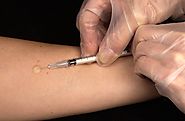
Elder people are prone to risks of diseases especially respiratory ailments, that is why getting vaccinated is a must. Seniors who get flu vaccines have lesser tendencies to acquire sickness and death. It boosts the immune system to fight against common viruses.
Stress comes in two basic forms, physical and emotional, either way both can be especially taxing for older people especially those who are in assisted living facilities. Due to stress, elders’ immune are suppressed which is why they are more prone to getting illnesses. It is recommended for them reduce stress by indulging into interesting activities.
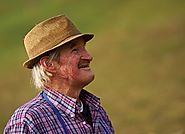
Having a positive outlook will not only bring a feel-good state, but it can also boost endorphins which gives us a virtuous feeling. According to research, older people with a positive view and keeps up with activities are more likely to recover from a serious disability and live a healthy life.
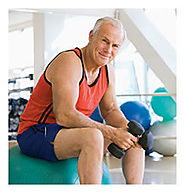
Inactivity comes with age, which is why older people have a less active lifestyle that results to loss of strength and stamina. A regular exercise, preferable daily, can help elders maintain the ability to live independently and reduce the risk of falling and fracturing bones. Aside from that, it can also reduce the risk of dying from coronary heart disease and of developing high blood pressure, colon cancer, and diabetes.
It is not only the body that drops as we age, our mental abilities too. Keeping the mind sharp and alert can be achieved by exercising the brain throughout life. Latest research shows that mental activities can help avoid dementia and slow cognitive decline. Following simple ways to challenge the brain by altering basic daily routines are highly recommended.
